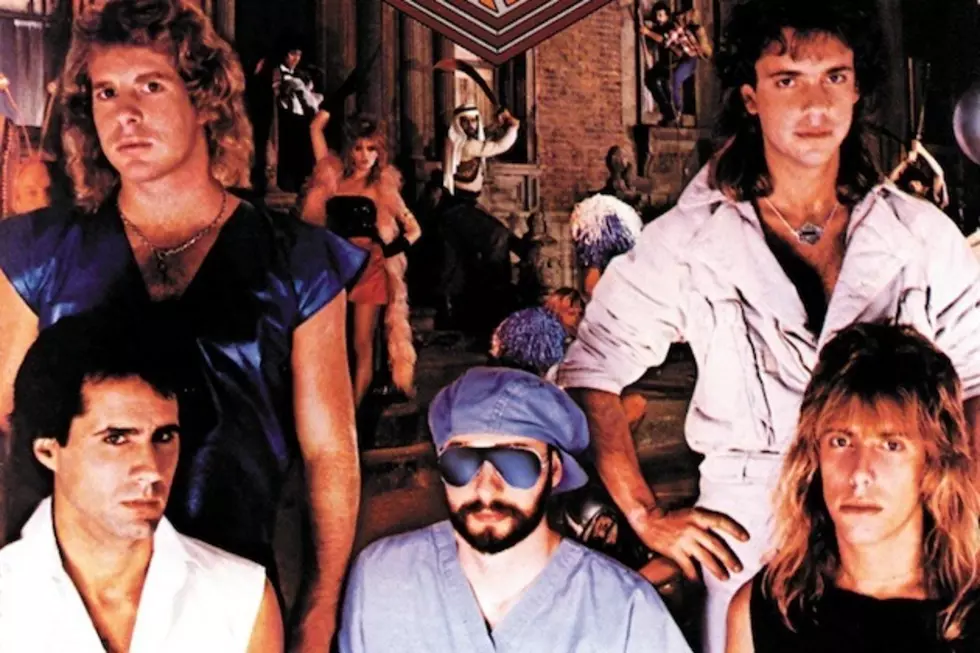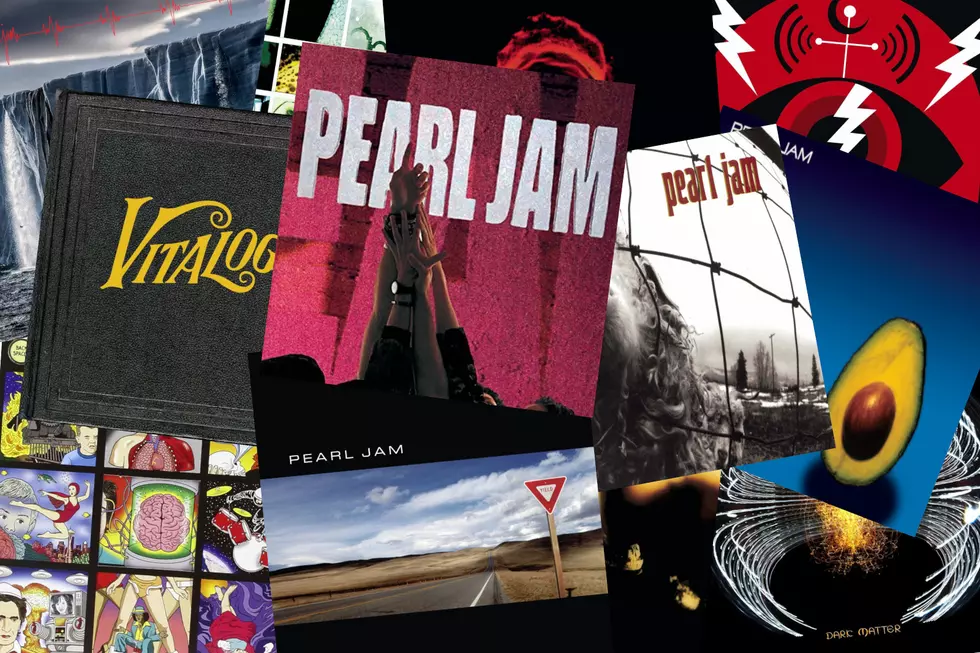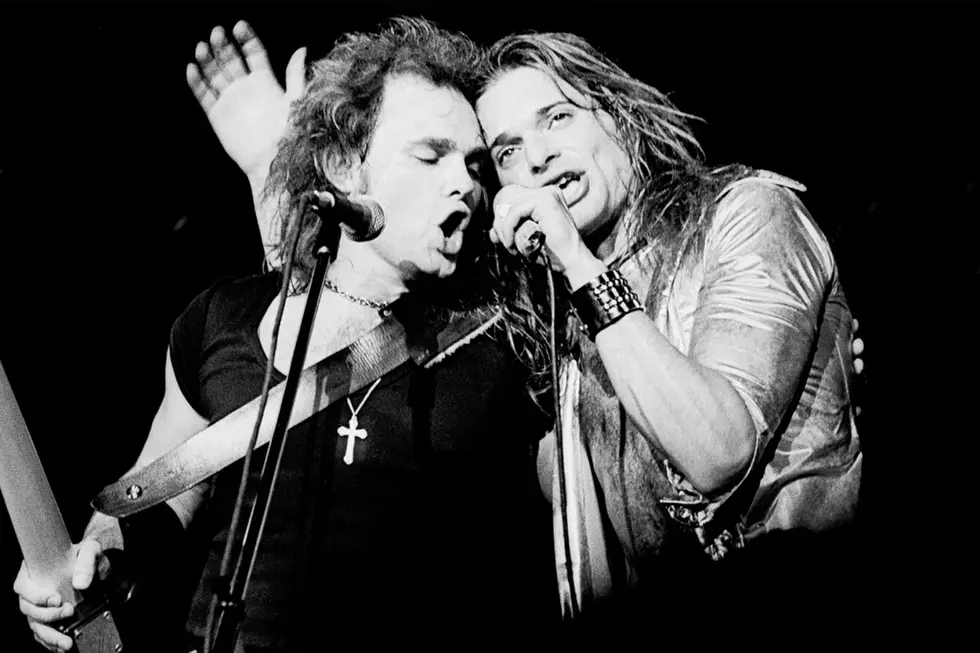
40 Years Ago: Night Ranger’s ‘Midnight Madness’ Motors to Success
Night Ranger delivered a debut collection of melodic hard rock in 1982 called Dawn Patrol that struck a perfect balance between established AOR giants that were then ruling radio the airwaves (like Journey and Foreigner) and a new breed of tougher rock bands that were gaining footholds on MTV.
In order to capitalize on their momentum, Night Ranger waited less than a year to deliver their sophomore record, Midnight Madness. The October 1983 LP may not have been as consistent as its predecessor, but it managed to unleash a few radio-ready hits.
The heavy rocker "(You Can Still) Rock In America" reached No. 15 on the rock chart, and the massive ballad "Sister Christian" shot to No. 5 on the pop chart and enjoyed heavy MTV play. Follow-up singles "When You Close Your Eyes" and "Rumours in the Air" fared nearly as well.
READ MORE: Why Night Ranger's 'Big Life' Was the Beginning of the End
Elsewhere, dynamic album cuts like "Why Does Love Have to Change and "Chippin’ Away" showcased Jack Blades and Kelly Keagy's double-vocal threat and the fierce six-string dueling between Jeff Watson and Brad Gillis (who played on Ozzy Osbourne’s Speak of the Devil), keeping Night Ranger on the road well into 1984.
Listen to Night Ranger’s ‘(You Can Still) Rock in America’
Critics Pounce Despite Chart Success
As the band reaped the rewards of its hard work and undeniable talent, however, Night Ranger was often referred to as “the Air Supply of heavy metal” by critics. This was unfair, especially after a new crop of pop-metal groups like Poison and Cinderella began softening their own styles. Night Ranger ended up sounding pretty heavy by comparison.
In any case, what a band actually sounded like mattered less than what they looked like as the '80s wore on and MTV influenced the way music was consumed. After a couple more albums and tours, Night Ranger was viewed as old guard by CD-buying teens: They didn't have enough hair and makeup, never mind onstage scissor kicks and water slides. Their career prospects gradually and inevitably ground to a halt.
The group went on to make a few comebacks, and continued recording and touring to the delight of loyal fans. But it all really started with Midnight Madness.
The '80s Most Outrageous Rock Fashions
Gallery Credit: UCR Staff
They Hated Their Own Albums
More From Ultimate Classic Rock









